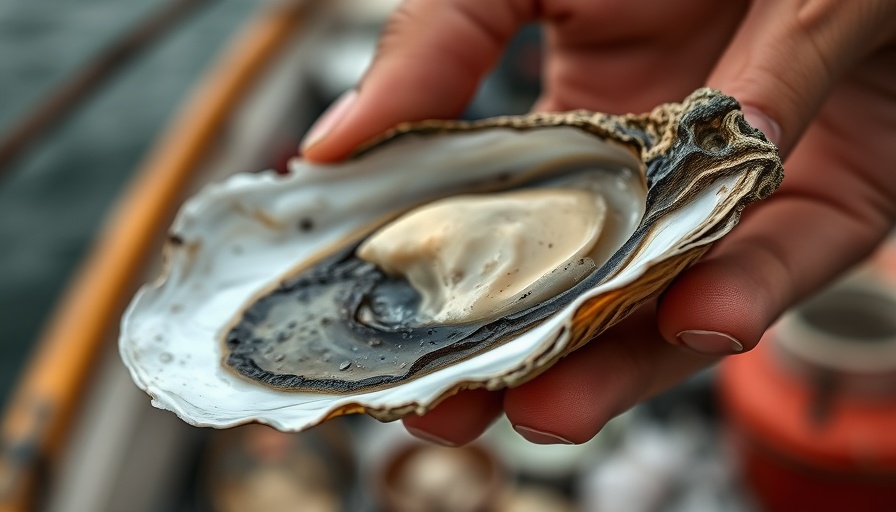
The Rising Challenges of the Oyster Farmers in Arcachon Bay
In the picturesque Arcachon Bay in southwestern France, the delicate ecological balance and vibrant culture of oyster farming are under siege. Once home to over a thousand growers, the industry has dwindled to just 300 farmers over the past three decades, an alarming trend that poses questions about sustainability and economic survival amidst natural and man-made challenges.
In 'A tough business - The oyster farmers of Arcachon,' we uncover the hardships faced by these farmers, prompting a deeper analysis of the sustainability of oyster farming.
The Tug of War Between Tradition and Innovation
Oyster farming in Arcachon is steeped in historical legacy, handed down through generations. However, many local farmers cling to outdated methods while newcomers like Axel Buddha introduce innovative presentations that appeal to modern consumers. Axel’s approach of combining oysters with a boutique dining experience reflects a shift in consumer preference, where aesthetic appeal often trumps tradition. As Axel states, stylish presentation is crucial in a competitive market. The challenge remains: how to blend tradition with innovation without compromising the industry's core values.
Direct Impacts of Climate Change
Climate change adds another layer of complexity to the lives of these farmers. Rising water temperatures adversely affect the oysters’ health, heightening mortality rates and leading to unpredictable harvests. The farmers’ fight is not just for profit; it’s a battle for the survival of their way of life. They require support from local governments to enact policies that combat climate change and ensure water quality essential for oyster cultivation. Without such measures, the future of Arcachon’s oyster farming might be at stake.
Crime and Economic Pressures
Moreover, the industry faces increasing theft, with organized crime targeting precious oyster beds. The economic desperation has led some farmers to steal from their neighbors, a drastic measure dictated by survival instincts rather than greed. The maritime police, such as Jerom Gusar and his team, patrol these waters diligently, highlighting the need for community solidarity among farmers. Yet, despite their efforts, the situation remains precarious as crime remains an ever-present threat in conjunction with economic instability.
Looking Ahead: A Call for Collective Action
The factors for a sustainable future in oyster farming are complex—each interplay of tradition, climate change, and economic realities reveals a pressing need for action. As the farmers grapple with dwindling numbers and increasing challenges, they seek solidarity and policy reforms that will safeguard their craft, ensuring they can continue to provide high-quality oysters for generations to come. The urgency to innovate, combined with a commitment to environmental stewardship and community resilience, is vital to transforming this beloved tradition into a sustainable future. Addressing these challenges demands a concerted effort, and every step taken today is a step towards protecting Arcachon's heritage.
 Add Row
Add Row  Add
Add 




Write A Comment